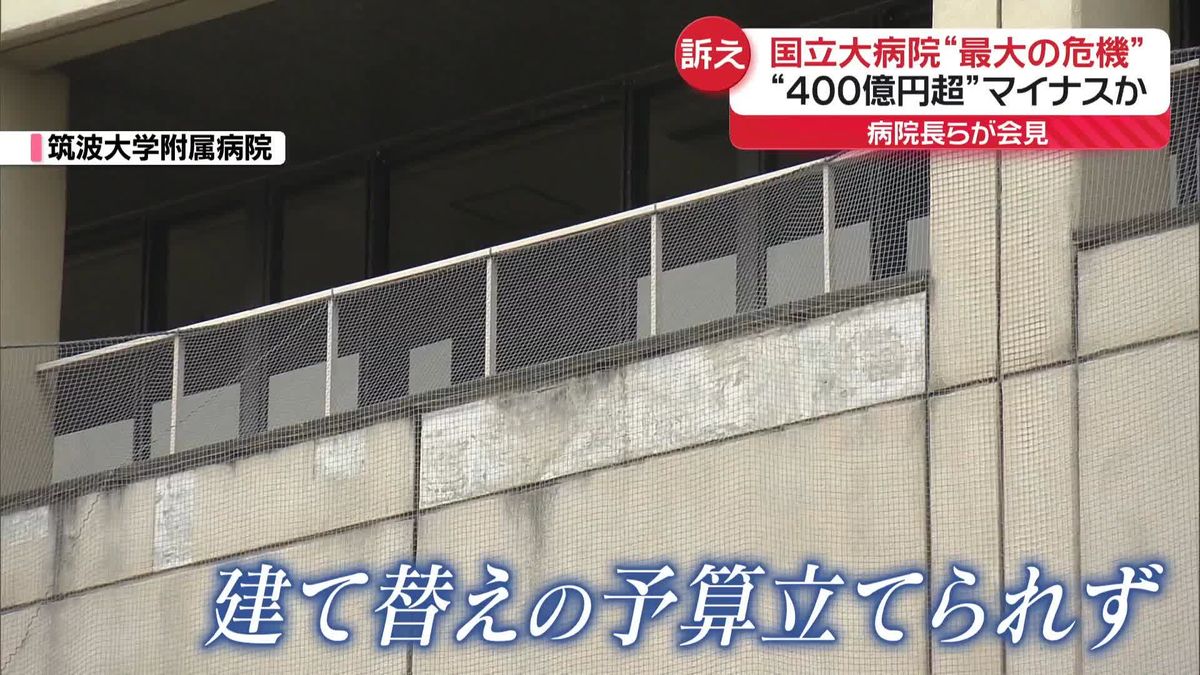A national hospital in Japan has found itself facing severe financial deficit, causing concerns surrounding the sustainability and future of public healthcare in the country. While exact reasons behind the extreme budget deficit remain unclear, it is imperative that the authorities take swift action to rectify the situation. The impact on the broader Japanese healthcare sector and public sentiment toward the government's handling of the issue are still being gauged.
In Japan, healthcare is a subject of national importance, widely acknowledged as the cornerstone of societal well-being. Viewed as a major issue that affects everyone, this current financial crisis is likely to generate significant public attention. As a society that places high importance on public welfare and healthcare, debate surrounding the issue will likely encompass a call for fiscal responsibility, transparency, and thorough investigation.
In countries like the U.S., healthcare has been a long-counted debate with strong opinions on both ends of the spectrum, swinging between public health models and privatization. Similarly, in the EU, issues of public debt and economic turmoil affecting the healthcare sector would be subjected to thorough public discourse. The question of how to balance fiscal responsibility and public health is a challenge faced globally, making this news relatable to a wider international audience.

